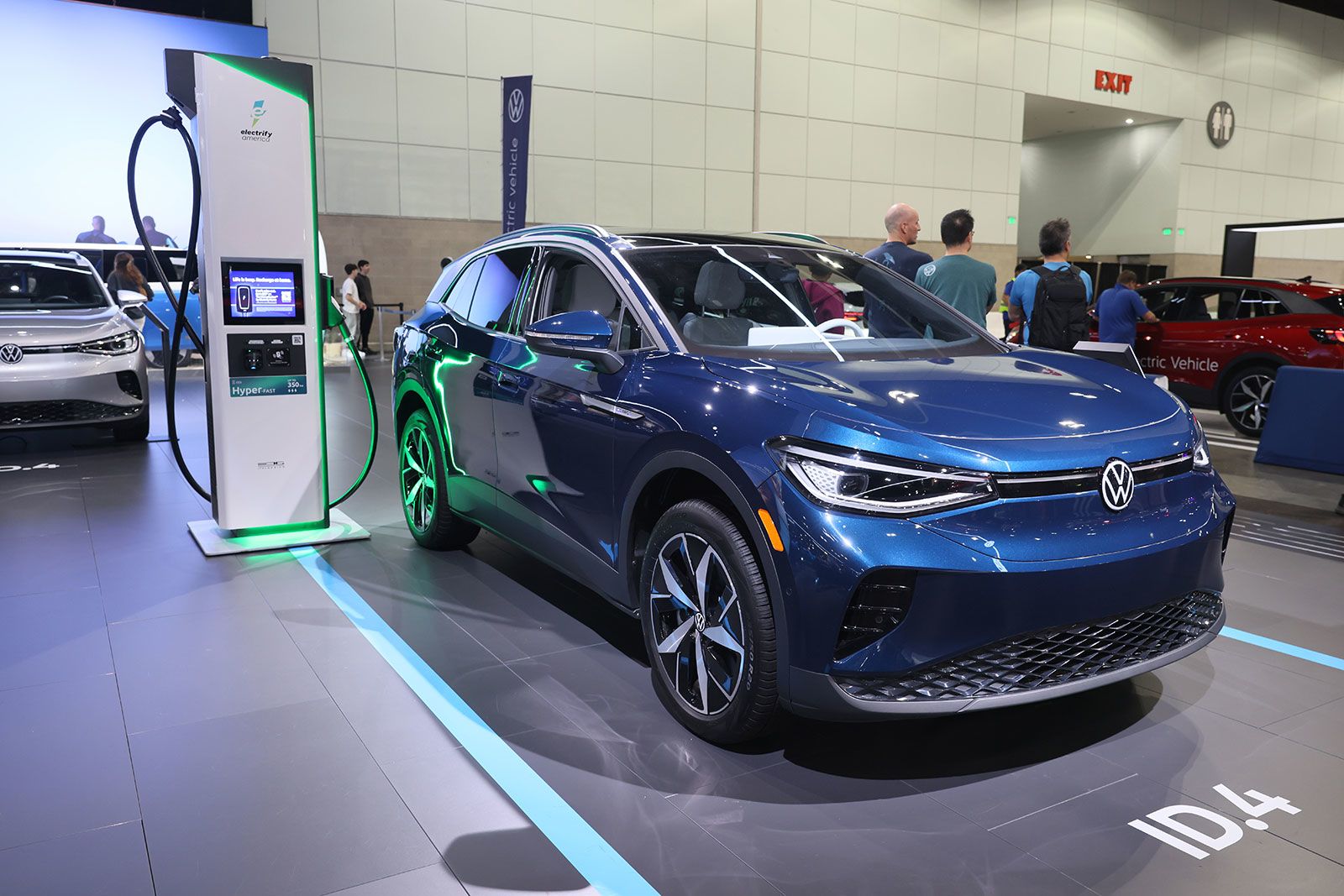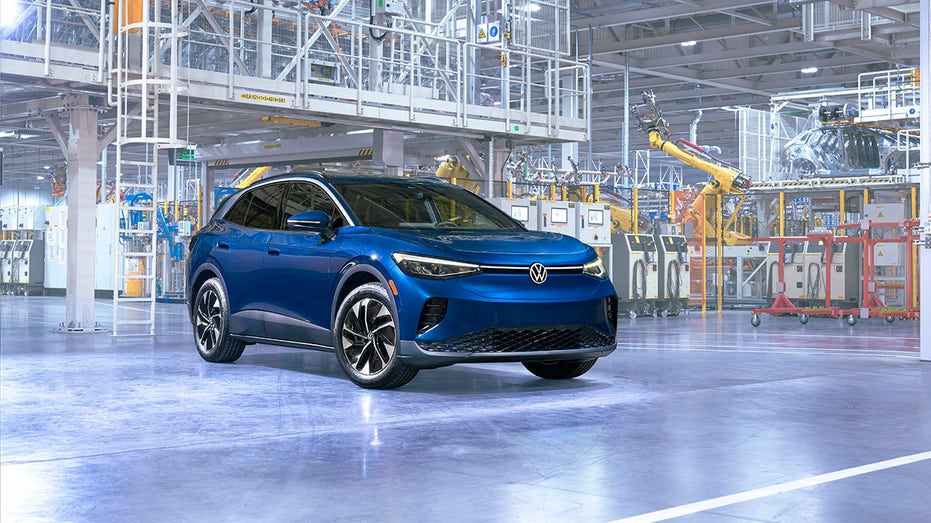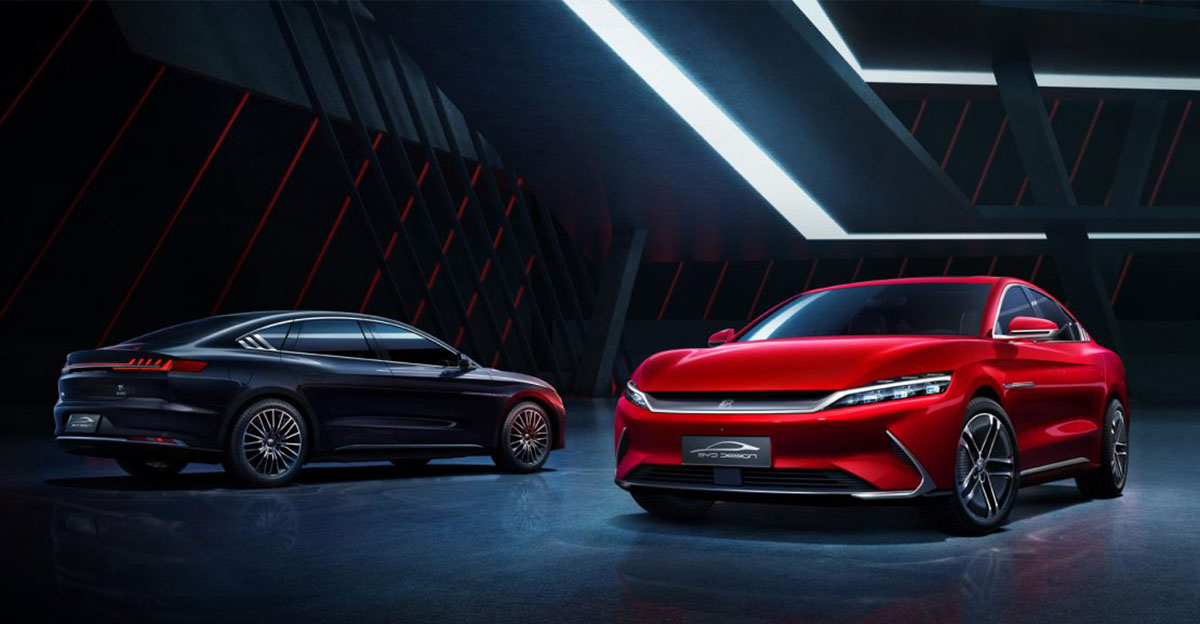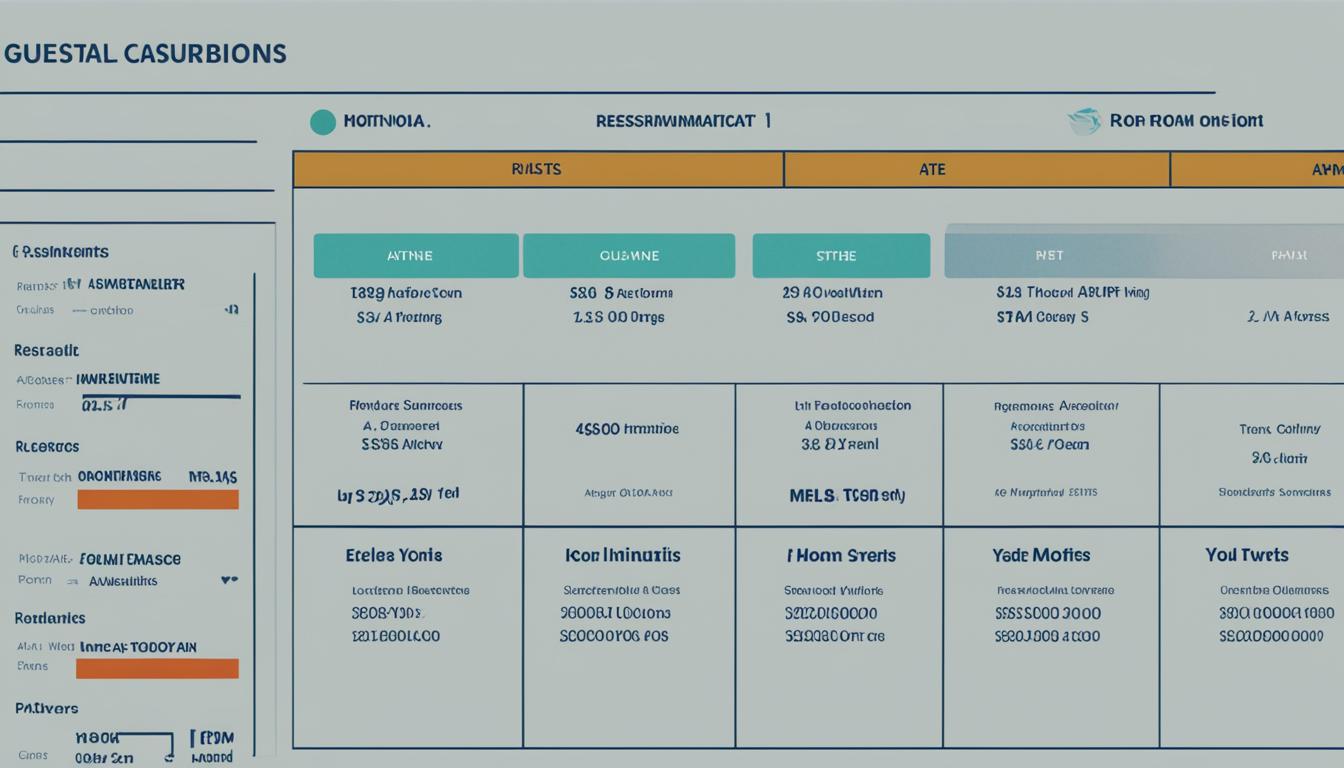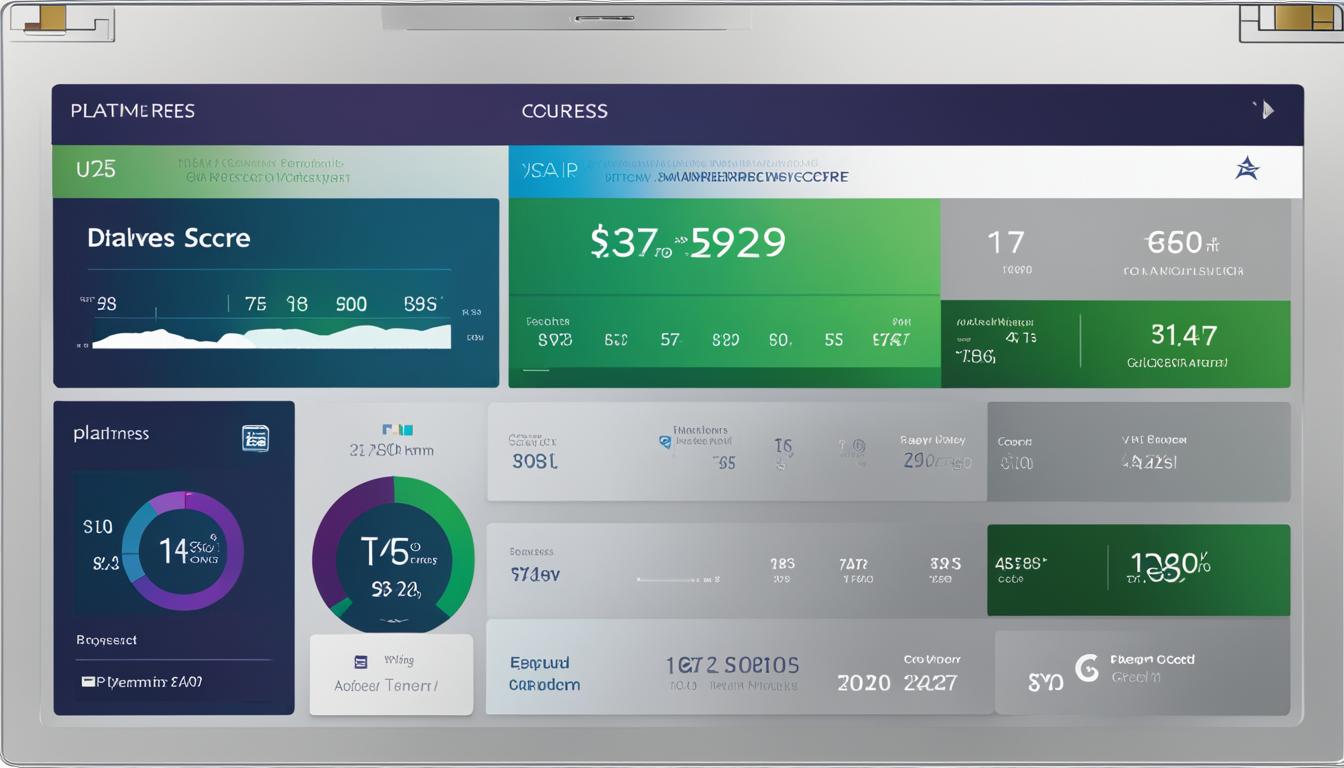Electric vehicles (EVs) have been gaining popularity in recent years due to their environmental benefits and potential cost savings. In the United States, the federal government has provided a tax credit of up to $7,500 to incentivize consumers to purchase EVs. However, recent changes to the eligibility criteria have significantly reduced the number of models that qualify for this tax credit. In this article, we will explore the new rules implemented by the Biden administration and discuss the impact on the availability of tax credits for EV buyers.
The New Eligibility Criteria
As of January 1, new rules from the Biden administration have narrowed the criteria for EVs to qualify for the tax credit. Previously, there were approximately two dozen models eligible for the full or partial tax credit. However, under the new rules, only 13 models meet the requirements.
The key change in the eligibility criteria is the exclusion of vehicles that use battery components made by Chinese manufacturers. The Treasury Department rules specifically target battery components made by companies subject to Chinese jurisdiction or at least 25% owned by the Chinese government. The intention behind this change is to ensure that U.S. taxpayers are not subsidizing batteries made in China.
Impact on Electric Vehicle Models
With the implementation of the new rules, several popular EV models no longer qualify for the tax credit. For example, Tesla’s Cybertruck and certain versions of their Model 3, Nissan’s Leaf, Ford’s E-Transit van, and General Motors’ electric Blazer and Silverado are among the models that have lost access to the tax credit. This reduction in eligible models may influence consumer choices and potentially slow down sales of these particular EVs.
On the other hand, some EV models remain eligible for the full or partial consumer tax credit. These include Tesla’s Model Y, Rivian’s R1T pickup truck, Stellantis’s Jeep Wrangler 4xe, and Ford Motor’s F-150 Lightning pickup truck. It is important for prospective EV buyers to be aware of the updated list of eligible models to make informed purchasing decisions.
Tax-Credit Eligible EV and Hybrid Models
Here is a list of 2024-model vehicles that currently qualify for federal tax credits, as long as the manufacturer-suggested price is below $55,000 for cars or $80,000 for trucks, SUVs, and vans:
- Chrysler Pacifica PHEV
- Ford Escape Plug-In Hybrid
- Ford F-150 Lightning
- Jeep Grand Cherokee PHEV 4xe
- Jeep Wrangler PHEV 4xe
- Lincoln Corsair Grand Touring
- Rivian R1S SUV
- Rivian R1T truck
- Tesla Model 3
- Tesla Model X
- Tesla Model Y
- Chevy’s 2023 Bolt EV and Bolt EUV
This is not an exhaustive list, and it is crucial to refer to fueleconomy.gov for additional information on specific models and their eligibility for the tax credit.
Future Expansion of Restrictions
The new rules introduced by the Biden administration are not limited to battery components alone. In 2025, the restrictions will expand to include suppliers of key raw materials for batteries, such as nickel and lithium. These expanded restrictions aim to further ensure that the supply chain for EVs does not rely heavily on materials sourced from China.
It is important for automakers and consumers to stay informed about these future changes to the eligibility criteria. Automakers are actively adjusting their supply chains to ensure continued eligibility for the clean vehicle credit and are partnering with allies to bring jobs and investments back to the United States, as stated by Treasury Department spokeswoman Ashley Schapitl.
The Rationale Behind the Changes
The inclusion of stricter eligibility criteria for the tax credit was a result of concerns raised by Senator Joe Manchin, a West Virginia Democrat. Senator Manchin voiced his worry that U.S. taxpayers were subsidizing batteries made in China. As a pivotal vote on the Inflation Reduction Act, his concerns were incorporated into President Joe Biden’s signature climate law.
The changes reflect a broader effort to promote domestic manufacturing and reduce dependence on foreign supply chains. By excluding EVs that use battery components made by Chinese manufacturers, the United States aims to encourage the growth of a robust domestic EV industry.
Consumer Reports and EV Reliability
While the availability of tax credits plays a significant role in consumers’ decision-making process, it is essential to consider other factors as well. Consumer Reports recently published a study indicating that, on average, electric vehicles are less reliable than conventional cars and trucks. This finding suggests that reliability should be a crucial consideration for potential EV buyers, alongside factors such as tax credits, range, charging infrastructure, and overall cost of ownership.
Conclusion
The recent changes to the eligibility criteria for the federal tax credit on electric vehicles have significantly reduced the number of models that qualify for the credit. The exclusion of vehicles using battery components made by Chinese manufacturers aims to promote domestic manufacturing and reduce reliance on foreign supply chains. While some popular models no longer qualify for the tax credit, there are still several options available to consumers. It is essential for prospective EV buyers to stay informed about the updated list of eligible models and consider factors such as reliability, range, and charging infrastructure when making their purchasing decisions. As the EV market continues to evolve, it is likely that eligibility criteria and incentives will change further, reflecting the government’s commitment to promoting sustainable transportation.

